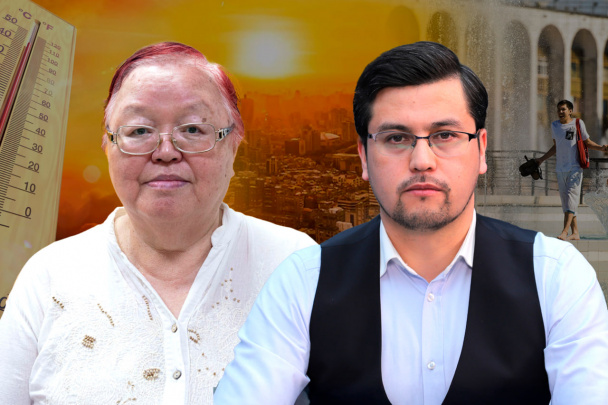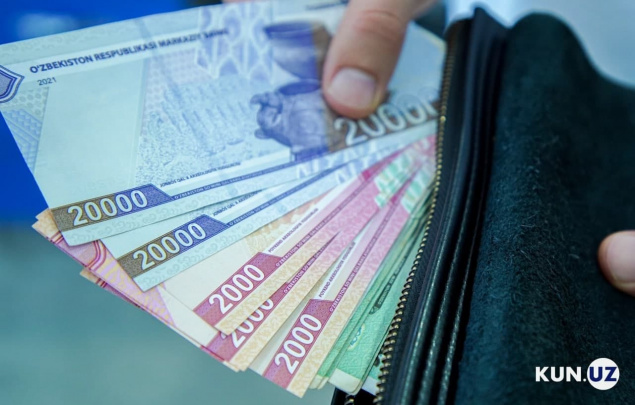Uzbekistan rises 25 positions in Harvard’s Global Economic Complexity ranking
The Harvard Growth Lab has published its latest Economic Complexity Index (ECI), in which Uzbekistan ranks 80th among 145 countries. For comparison, Kazakhstan ranks 84th, Russia 94th, Tajikistan 124th, and Turkmenistan 126th.

Developed by Harvard University’s Growth Lab, the ECI measures countries based on the technological sophistication and diversity of their exports.
According to the Growth Lab, Uzbekistan has significantly improved its position, climbing 25 places over the past five years and securing the 80th spot globally.
Other countries listed in the ranking include Turkey at 44th, Vietnam at 53rd, Kazakhstan at 84th, Russia at 94th, Tajikistan at 124th, and Turkmenistan at 126th. The top three spots are held by Switzerland, Japan, and Singapore.
According to the Center for Economic Research and Reforms of Uzbekistan, the country has demonstrated steady economic growth in recent years, with exports increasing by an average of 20.5% annually—outpacing the growth rates of neighboring countries. Notably, exports of finished goods, beyond raw materials, have also grown by 21.9% per year.
Over the past five years, moderately processed industrial goods have contributed the most to this export growth. Among the more complex products, the highest growth rates were observed in the export of transport vehicles (89%), industrial equipment (77%), and electrical machinery (59%).
Uzbekistan has added 67 new products to its export portfolio, generating $2.1 billion in revenue. This confirms the success of the country’s strategy aimed at enhancing export diversification and competitiveness. In 2023 alone, these products generated $59 in per capita income.
Harvard Growth Lab’s analysis shows that Uzbekistan currently produces 162 types of goods that are considered to hold competitive advantages in the global market.
Economic growth forecast through 2033
Uzbekistan's economy is projected to grow by an average of 5.6% annually through 2033, ranking it second in the world for expected growth.
In comparison, average annual growth rates for the next decade are forecasted to be 4% in Tajikistan, 3.9% in Kyrgyzstan, 3.6% in both Georgia and Kazakhstan, 3.3% in Armenia, 3% in Bangladesh, 2.7% in Turkmenistan, 2.4% in Belarus, 2.2% in Azerbaijan, and 1.1% in Russia.
Uzbekistan continues to structurally reform its economy by reallocating resources from less productive sectors such as agriculture toward more efficient industries like electronics and machinery manufacturing.
Related News

16:16 / 26.07.2025
Experts blame economic strain and social pressures for growing mental health crisis in Uzbekistan

12:10 / 26.07.2025
Extreme heat could slash Central Asia’s GDP and overwhelm public services

10:34 / 26.07.2025
Central Bank survey: People prefer mid-value notes and rarely use UZS 200,000 bills

18:11 / 25.07.2025



